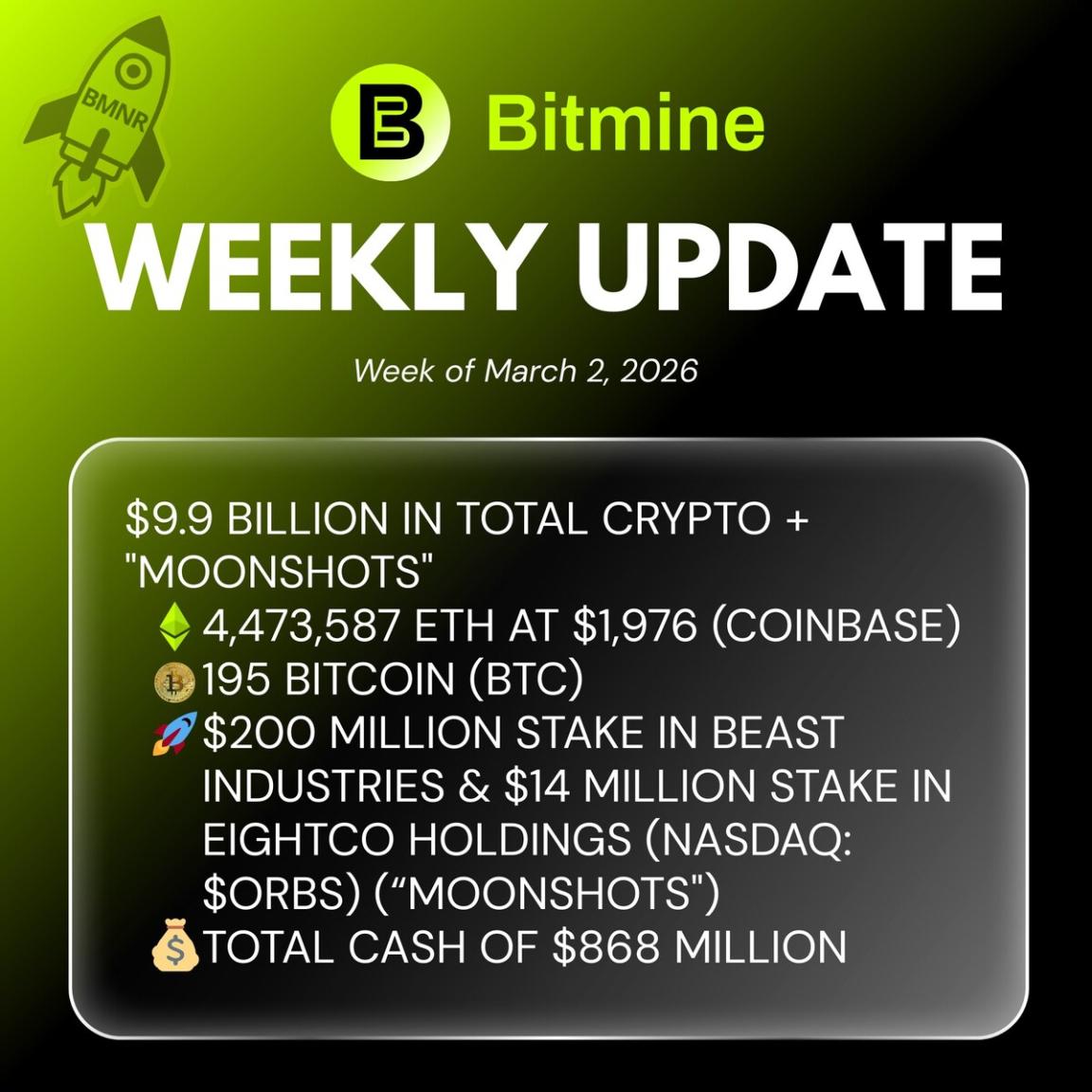Middle East Tension Causes Panic in the Markets in the Short Term
Key Points:
- Bitcoin dropped its largest decline in nearly a month amid rising Middle East tensions.
- Iran launched nearly 200 ballistic missiles at Israel, prompting U.S. officials to warn of severe consequences.
According to Bloomberg, Bitcoin had its biggest drop in nearly a month Tuesday, falling 5.7% to 60,168, as riskier assets broadly fell amid Middle East tensions.

Read more: UAE Crypto Adoption Leads Middle East With 72% Rate
Crypto Sees Largest Drop in a Month Amid Geopolitical War
The pullback runs contrary to the assumption that digital assets are a safe haven amid geopolitical turmoil. The rout spread to other cryptocurrencies, with Ether declining more than 6%, Dogecoin falling 8%, and Avalanche sliding more than 7%. Certainly, the wide market response was in line with a dramatic shift in investor sentiment as many scramble for shelter in safer assets.
The latest round of Middle East tensions began with Iranian forces firing a barrage of ballistic missiles at Israel, reportedly in response to what it said were Israeli attacks on Hezbollah strongholds in Lebanon.
The U.S. condemned Iran’s action, and officials promised “severe consequences” for the nearly 200-missile barrage, which hit both Israeli and U.S. Navy ships associated with the conflict. No casualties were reported directly in Israel, and U.S. officials said most of the missiles had been intercepted.
Market Moves into Safe Havens as Investors React to Middle East Tensions
As such, investors scampered for shelter in traditional havens like US Treasuries, gold, and oil. Accordingly, their prices jumped. Tension in the Middle Eastern so-called powder keg in many quarters has triggered concern over the possible consequences on the world’s leading markets like Wall Street.
Analysts say continued escalation in the region could lead to even more market disruptions that would affect not just cryptocurrencies but equities, commodities, and other assets across the board.
| DISCLAIMER: The information on this website is provided as general market commentary and does not constitute investment advice. We encourage you to do your own research before investing. |






















